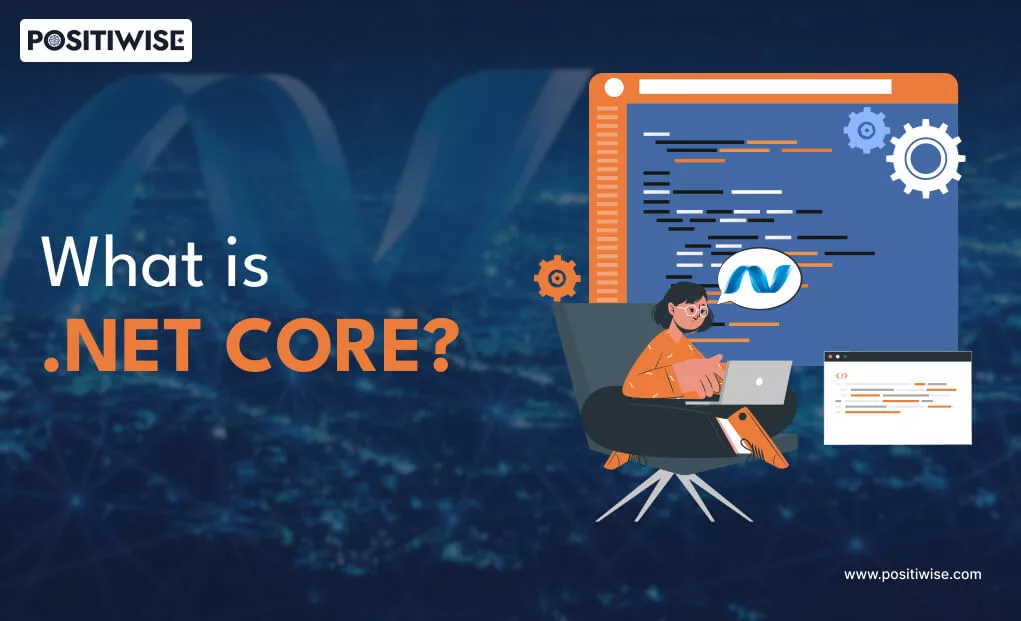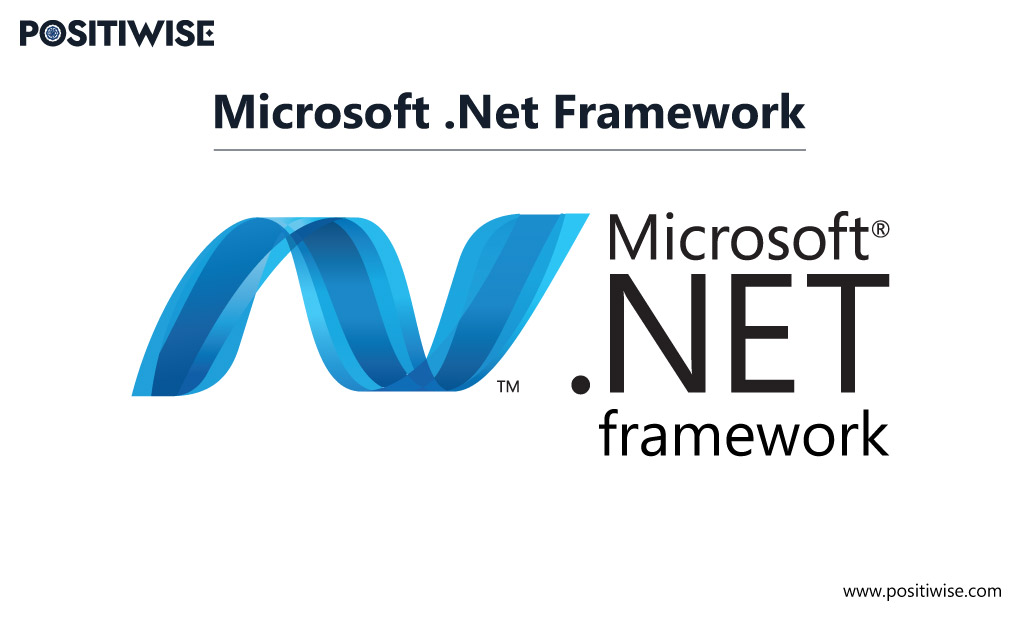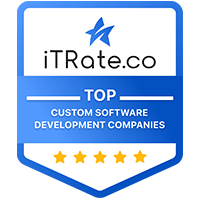Quick Overview:
Among the broader range of Microsoft tech stacks, .NET Core is one of the most popular development platforms. It helps create cross-system compatible applications with minimal time and effort. The blog aids you in every essential dotnet core detail to understand the technology in a better way.
.NET Core! What is it?
When Microsoft realized the new-age needs of businesses and developers, the .NET Core was released. It’s a modern development platform that is suitable for all significant operating systems. Also, it’s highly user-friendly and offers some amazing functionalities. And we’re going to discuss them all in this blog.
So, let’s have a detailed overview of all.
.NET Core: A Detailed Overview
Dotnet Core is a top-notch development technology in the .NET stack. Microsoft also developed it to enable the development of cross-platform applications. The dotnet core has seen numerous advancements over the years, which enabled organizations to leverage its high performance, security, scalability, and stability.
The .NET core versions can have different features, but the architecture is the same for all, consisting of the following components.
- Native .NET runtime: It’s based on the principles of Just-in-time compiler to improve performance and code execution.
- CLR (Common Language Runtime): It was introduced in .NET 5 to let applications run without platform restrictions and dependency injection.
- Asp.NET Core MVC: It’s a framework that aids in creating full-stack applications with web technologies, such as JS, HTML, CSS, C#, and more.
- Base Class Library: Functions as a base for importing and using different libraries during development.
Top .NET Core Use Cases
.NET Core is considered exclusively for the following use cases.
- When a distributed application architecture, such as microservices, is selected for deployment purposes.
- When an organization needs a real-time application with high performance and cross-platform compatibility.
- When the application architecture is complex, ASP.NET Core MVC helps with providing flexibility to developers.
- When you need to create controlled-based, lightweight, and minimal Web APIs.
Additionally, it can be utilized to develop web apps, desktop software, mobile apps, websites, and more.
The Features of .NET Core Technology
Following are the top features, making it a trusted, authentic, and preferred choice for web and app development.
1: Free and Open-Source
Microsoft provides .NET core for free, meaning that you can download, install, and utilize it for any project without paying any annual charges or subscription fees. Also, it’s an open-source technology that helps you customize the core logic and align it with your business objectives to retrieve best-in-class results.
2: Built-in Security Features
.NET Core security features are enough for a small and medium-scale organization to maintain data confidentiality and integrity. They can be used to configure multi-factor authentication, authorization, HTTPS enforcement, CSRF prevention, and encrypting app secrets.
Additionally, if any third-party security components are required, they can be quickly integrated with the software.
3: Multi-Platform Compatibility
Here, multi-platform compatibility is for both running the application and using the technology. The developers can use any operating system, such as Windows, Unix, macOS, and Linux, to leverage it. Following this, the dotnet core applications are also able to run on all such compatible platforms, aiding organizations in fulfilling the needs of every potential stakeholder.
4: Unified Web API and MVC
To leverage the businesses with advantages of both Web API and MVC architecture, ASP.NET Core is available. It helps to streamline business operations that are diversified across different services and systems. This merge helps the development team configure data returns in JSON format, which is easily readable and processed by systems across the globe.
5: Dependency Injection
Dependency injection is a boon for developers. It aids in decreasing the application decoupling, leading to making software components more maintainable, testable, and reusable. Additionally, the logic separation also becomes easy, making code easier to read, process, and modify.
6: Asynchronous Programming
The asynchronous programming of .NET Core aids in avoiding idle and long waiting times. The entire code is executed concurrently, leading programs to efficiently scale across multi-core servers or supporting systems. Moreover, the application becomes responsive, and its performance is enhanced, contributing to providing an impeccable user experience.
7: Real-Time App Development
It provides a dedicated library, known as SignalR, for building real-time applications. Anyone can use it to process real-time data and provide associated notifications to users. Companies dealing with financial and medical data mostly utilize this library. It helps them to communicate updated information to a broader audience without any delay.
The .NET Core Versions Timeline
The .NET Core technology is not even a decade old. It was first released in 2016, and numerous versions have been released since then. However, most of its versions are now outdated, or their support is eliminated. So, if you want to use the latest version, you should know about its latest version.
| Version | Release Date | End of Support Date |
|---|---|---|
| .NET 8 | November 14, 2023 | November 10, 2026 |
| .NET 7 | November 8, 2022 | May 14, 2024 |
| .NET 6 | November 8, 2021 | November 12, 2024 |
| .NET 5 | November 10, 2020 | May 10, 2022 |
| .NET Core 3.1 | December 3, 2019 | December 13, 2020 |
| .NET Core 3.0 | September 23, 2019 | March 3, 2020 |
| .NET Core 2.2 | December 4, 2018 | December 23, 2019 |
| .NET Core 2.1 | May 30, 2018 | August 21, 2021 |
| .NET Core 2.0 | August 14, 2017 | October 1, 2018 |
| .NET Core 1.1 | November 16, 2016 | June 27, 2019 |
| .NET Core 1.0 | June 27, 2016 | June 27, 2019 |
Wrapping Up
.NET Core is a superlative development technology that can be used to create full-stack apps. It’s free to leverage its exceptional features, aiding the integration of real-time data processing, asynchronous programming, dependency injection, and more such new-age functionalities. Also, it’s affordable to hire dotnet core developers, leading to saving project costs. Thus, if you are looking for budget-friendly yet modern development technology, then it is a right choice.
Expert in Software & Web App Engineering
Parag Mehta, the CEO and Founder of Positiwise Software Pvt Ltd has extensive knowledge of the development niche. He is implementing custom strategies to craft highly-appealing and robust applications for its clients and supporting employees to grow and ace the tasks. He is a consistent learner and always provides the best-in-quality solutions, accelerating productivity.






